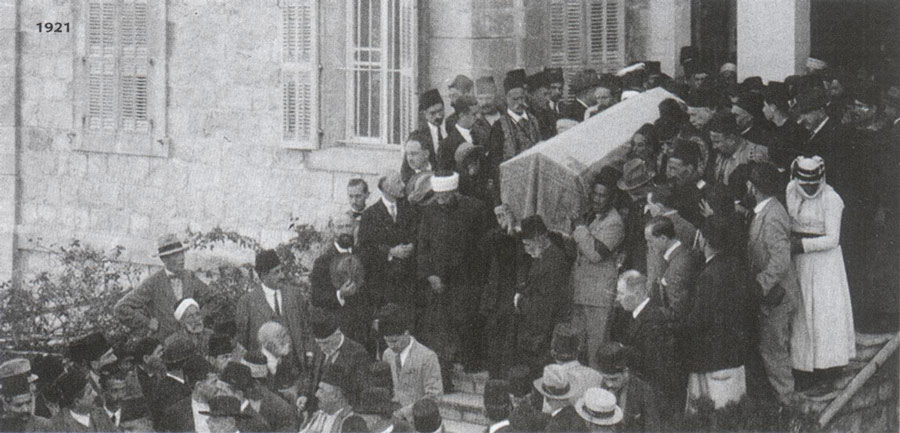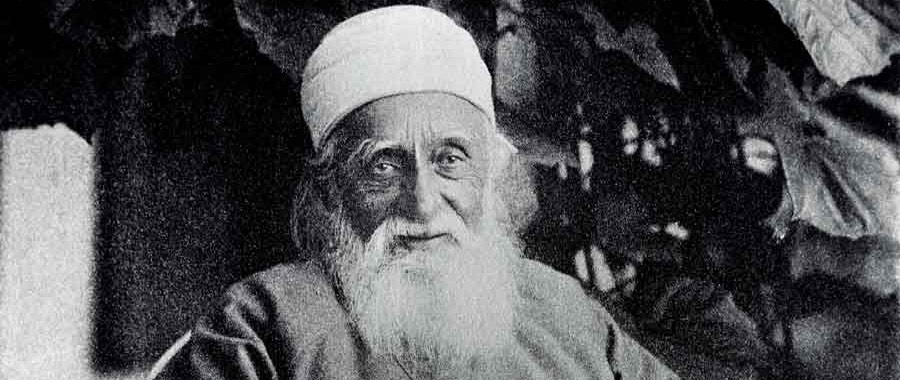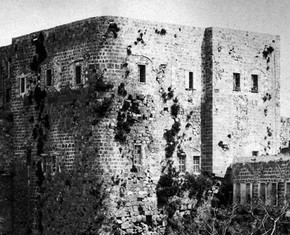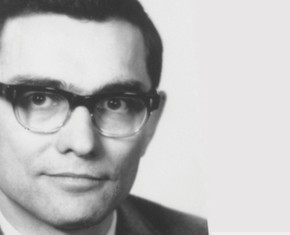The views expressed in our content reflect individual perspectives and do not represent the authoritative views of the Baha'i Faith.
When Abdu’l-Baha passed away, ten thousand people attended his funeral.
A noted Christian writer by the name of Ibrahim Nassar offered one of the eulogies, which revealed the depth of the anguish felt by those who were present. His remarkable tribute to Abdu’l-Baha follows:
I weep for the world, in that my Lord hath died; others there are who, like unto me, weep the death of their Lord …. O bitter is the anguish caused by this heart-rending calamity! It is not only our country’s loss but a world affliction …. He hath lived for well-nigh eighty years the life of the Messengers and Apostles of God. He hath educated the souls of men, hath been benevolent unto them, hath led them to the Way of Truth. Thus he raised his people to the pinnacle of glory, and great shall be his reward from God, the reward of the righteous! Hear me O people! Abbas is not dead, neither hath the light of Baha been extinguished! Nay, nay! this light shall shine with everlasting splendor. The lamp of Baha, Abbas, hath lived a goodly life, hath manifested in himself the true life of the Spirit. And now he is gathered to glory, a pure angel, richly robed in benevolent deeds, noble in his precious virtues. Fellow Christians! Truly ye are bearing the mortal remains of this ever lamented one to his last resting place, yet know of a certainty that your Abbas will live forever in spirit amongst you, through his deeds, his words, his virtues, and all the essence of his life. We say farewell to the material body of our Abbas, and his material body vanisheth from our gaze, but his reality, our spiritual Abbas, will never leave our minds, our thoughts, our hearts, our tongues.
O great revered Sleeper! Thou hast been good to us, thou hast guided us, thou hast taught us, thou hast lived amongst us greatly, with the full meaning of greatness, thou hast made us proud of thy deeds and of thy words. Thou hast raised the Orient to the summit of glory, hast shown loving kindness to the people, trained them in righteousness, and hast striven to the end, till thou hast won the crown of glory. Rest thou happily under the shadow of the mercy of the Lord thy God, and He, verily, shall well reward thee. – Ibrahim Nassar, quoted in The Passing of Abdu’l-Baha, Shoghi Effendi and Lady Blomfield, pp. 21-22.
Surely there was never another occasion, in all the long and troubled history of the Holy Land, when such a large and diverse group laid aside their differences and came together in memory of a single person. How appropriate for one who had worked every day of his life for one goal: that all peoples and faiths be reconciled.

For Abdu’l-Baha, servitude to humanity was the highest station to which any soul could aspire. True service, as he exemplified it, was founded upon indiscriminate love for all people, regardless of race, creed, or class. This in turn was founded upon love for God and recognition of God’s love for all creation. The path to individual happiness and fulfillment that he demonstrated was that of adherence to God’s commandments and a spirit of sincere, selfless effort for the betterment of the world.
Let us turn to the memoirs of Howard Colby Ives, who describes in moving terms what Abdu’l-Baha meant to those who knew and loved him:
Here I saw a man who, outwardly, like myself, lived in the world of confusion, yet, inwardly, beyond the possibility of doubt, lived and worked in that higher and real world. All His concepts, all His motives, all His actions, derived their springs from that “World of Light.” And, which is to me a most inspiring and encouraging fact, He took it for granted that you and I, the ordinary run-of-the-mill humanity, could enter into and live in that world if we would. – Howard Colby Ives, Portals to Freedom, p. 253.
















Comments
Sign in or create an account
Continue with Googleor